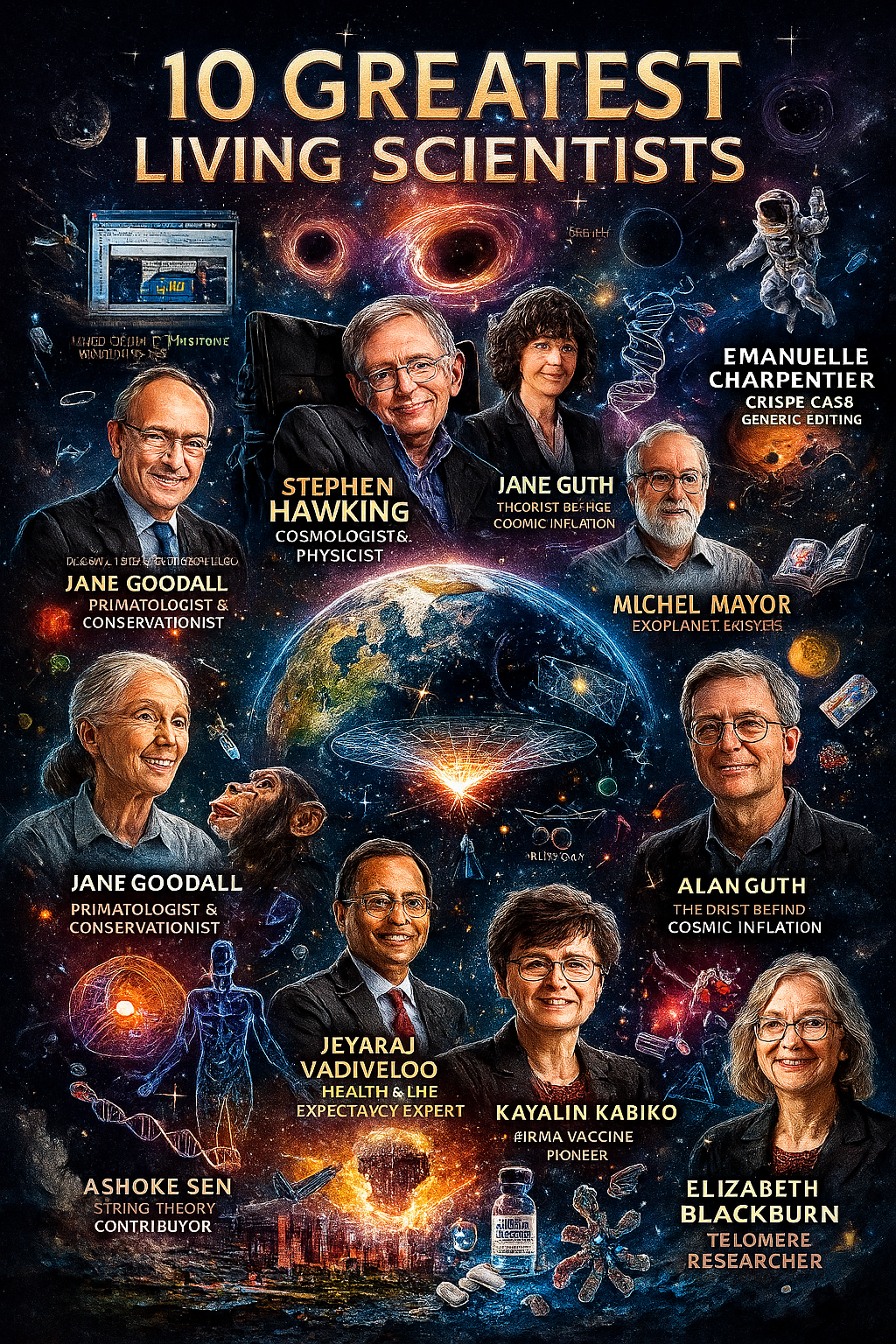Ranking the world’s greatest contemporary scientists is never easy. How do you compare a breakthrough in physics with a revolutionary discovery in genetics? Where would influential thinkers like Richard Dawkins fit in? These questions have no easy answers, but the aim here is to highlight ten living scientists whose work has significantly impacted our understanding of the world. This list is not ranked in order of importance—every contribution is unique and transformative.
1. Timothy Berners-Lee – Inventor of the World Wide Web
It would be hard to argue against including the man who invented the World Wide Web on this list. Timothy Berners-Lee, a British computer scientist, was knighted by Queen Elizabeth II for his pioneering contributions to technology. He is best known for his proposal to share information through hypertext, the foundational technology behind the web.
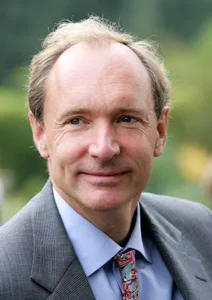
In 1991, Berners-Lee also created the world’s first website, changing how humanity communicates, shares knowledge, and accesses information. His work laid the groundwork for the modern internet and continues to influence how people around the globe connect.
Fun Fact: Sir Tim Berners-Lee received the Honorary Freedom of the City of London in 2014, celebrating his transformative impact on society.
2. Stephen Hawking – Theoretical Physicist and Cosmologist
Arguably the world’s most famous scientist of his time, Stephen Hawking revolutionized our understanding of the Big Bang, black holes, and relativity. The British theoretical physicist is particularly known for his groundbreaking work on gravitational singularity theorems and the theoretical prediction that black holes emit radiation, now called Hawking radiation.
Beyond his scientific achievements, Hawking became a global science popularizer, authoring the best-selling book “A Brief History of Time”, which introduced complex physics concepts to millions.

His life story is equally inspiring. Despite being diagnosed with amyotrophic lateral sclerosis (ALS) early in life, which left him paralyzed, Hawking continued to make transformative contributions to science and inspire generations worldwide.
Fun Fact: In 2016, Hawking co-hosted a press conference with Yuri Milner to announce Breakthrough Starshot, a new initiative for interstellar space exploration.
3. Jane Goodall – Primatologist and Conservationist
Jane Goodall is a British primatologist widely regarded as the world’s foremost expert on chimpanzees. For over 55 years, she has studied the social and family interactions of wild chimps, uncovering groundbreaking insights into their behavior. Her research revealed that chimpanzees, like humans, can make and use tools, challenging long-held beliefs about the uniqueness of human intelligence. She also observed the more violent aspects of chimp life, including hunting and eating smaller monkeys, adding depth to our understanding of animal behavior.
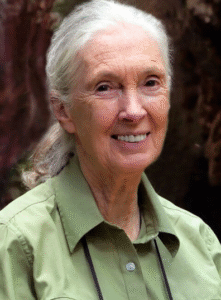
Goodall is also the founder of the Jane Goodall Institute and a tireless advocate for conservation, biodiversity, and environmental protection, inspiring generations to care for the planet and its inhabitants.
Fun Fact: In 2004, she was photographed communicating with chimpanzee Nana at the Magdeburg Zoo in Germany, showcasing her deep connection with the species she has dedicated her life to studying.
4. Alan Guth – Theorist Behind Cosmic Inflation
Alan Guth, an American theoretical physicist and cosmologist, is best known for developing the theory of cosmic inflation—a groundbreaking concept that explains why the universe is as vast and uniform as it is today. His work has become a cornerstone of modern cosmology, helping scientists understand the earliest moments of the universe.
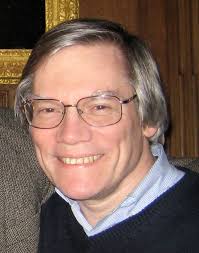
Guth’s contributions have earned him prestigious accolades, including the Fundamental Physics Prize and the Kavli Prize, recognizing his profound impact on our understanding of the cosmos.
Fun Fact: Guth’s inflationary theory continues to guide researchers in exploring the origins of the universe and testing predictions about cosmic structure and evolution.
5. Ashoke Sen – String Theory Pioneer
Ashoke Sen, an Indian theoretical physicist, is renowned for his groundbreaking contributions to string theory, a field that seeks to unify the fundamental forces of nature. His innovative research has reshaped theoretical physics and provided deeper insights into the nature of the universe.
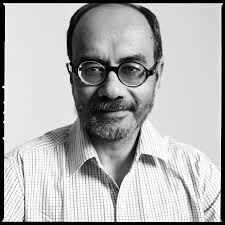
Sen’s work has earned him numerous international accolades, including the Fundamental Physics Prize in 2012, highlighting his influence on global scientific thought.
Fun Fact: In 2016, Sen attended the Breakthrough Prize ceremony at NASA Ames Research Center alongside physicist Sumathi Rao, celebrating his remarkable achievements in theoretical physics.
6. James Watson – Co-Discoverer of DNA’s Double Helix
James Watson, an American molecular biologist and geneticist, is best known as the co-discoverer of the double helix structure of DNA in 1953, a groundbreaking achievement that earned him the Nobel Prize. This discovery revolutionized biology and medicine, providing the foundation for modern genetics, biotechnology, and medical research.
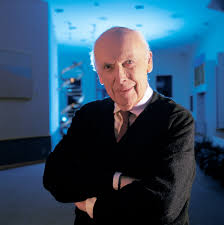
Watson’s work alongside Francis Crick has had a lasting impact on how we understand heredity, genetic disorders, and the very blueprint of life itself.
Fun Fact: Watson has shared his insights in public forums, including TED talks, where he discusses the historic discovery and its profound implications for science and medicine.
7. Tu Youyou – Nobel Laureate and Anti-Malaria Pioneer
Tu Youyou made history as the first Chinese woman to win a Nobel Prize in 2015 for her groundbreaking work in developing an anti-malaria drug that has saved millions of lives across Asia and Africa. She drew on traditional Chinese medicine to discover artemisinin and dihydroartemisinin, compounds that remain critical in the fight against malaria, especially in tropical regions.
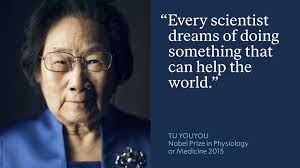
Her research has had a transformative impact on global health, improving the well-being of millions and inspiring scientists worldwide to explore traditional remedies for modern medicine.
Fun Fact: In 2015, Tu Youyou delivered a speech at a symposium organized by China’s National Health and Family Planning Commission, celebrating her remarkable contributions to medicine.
8. Noam Chomsky – Linguist, Cognitive Scientist, and Activist
Noam Chomsky, a U.S. linguist and influential political activist, is often called “the father of modern linguistics.” He helped found the field of cognitive science and has written over 100 books spanning linguistics, philosophy, and politics.
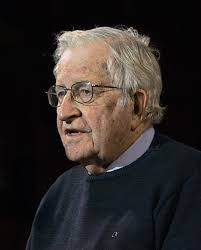
Chomsky is also known for his outspoken criticism of American foreign policy and his advocacy for social justice, making him one of the most prominent public intellectuals of our time. His work has shaped not only how we understand language and the human mind but also the broader discourse on society and governance.
Fun Fact: In 2010, Chomsky addressed a press conference in Stuttgart, Germany, highlighting his continued global influence as both a scholar and an activist.
9. Shinya Yamanaka – Stem Cell Research Pioneer
Shinya Yamanaka, a Japanese researcher, is a Nobel Prize-winning scientist recognized for his groundbreaking work in stem cell biology. In 2012, he was awarded the Nobel Prize in Physiology or Medicine for demonstrating that adult cells can be reprogrammed into pluripotent stem cells, opening the door to revolutionary treatments in regenerative medicine.
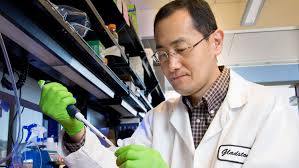
Yamanaka’s contributions also earned him the 2013 Breakthrough Prize in Life Sciences, valued at $3 million, further highlighting his impact on medical research and innovation.
Fun Fact: In 2012, Yamanaka spoke at a press conference at the Karolinska Institute in Stockholm, sharing his insights into the future of stem cell therapies.
10. Elizabeth Blackburn – Telomere Researcher and Anti-Aging Pioneer
Elizabeth Blackburn, an Australian-American molecular biologist, is a Nobel Prize-winning scientist celebrated for her groundbreaking work on telomeres, the protective caps at the ends of chromosomes. In 2009, she won the Nobel Prize in Physiology or Medicine for co-discovering telomerase, an enzyme that replenishes telomeres and plays a key role in cellular aging and longevity.
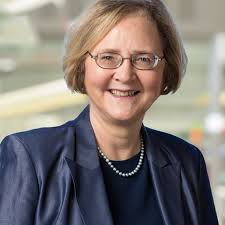
Blackburn’s research has transformed our understanding of aging, disease, and cellular health, influencing both basic biology and potential medical therapies for age-related illnesses.
Fun Fact: In 2009, Blackburn spoke at a joint news conference organized by the Nobel Foundation at the Karolinska Institute in Stockholm, celebrating her revolutionary contributions to science.

